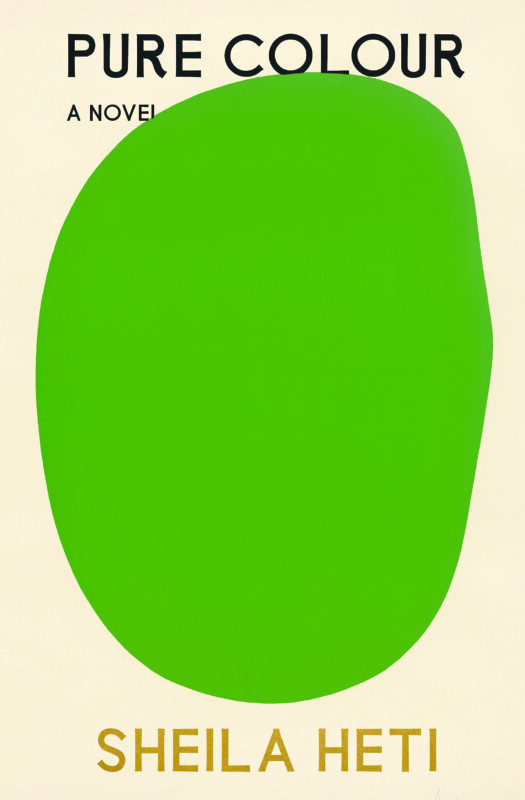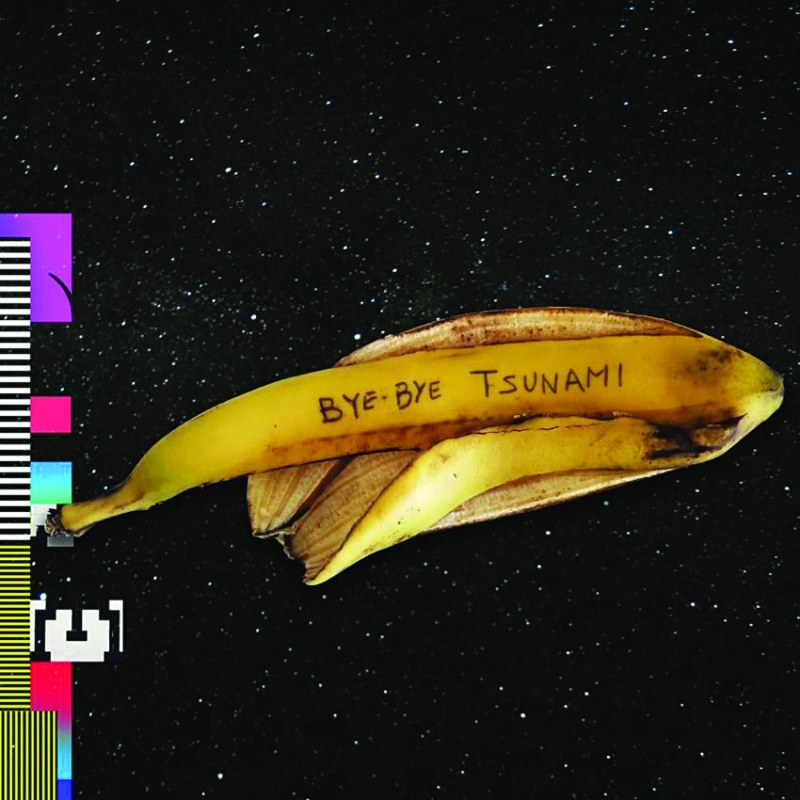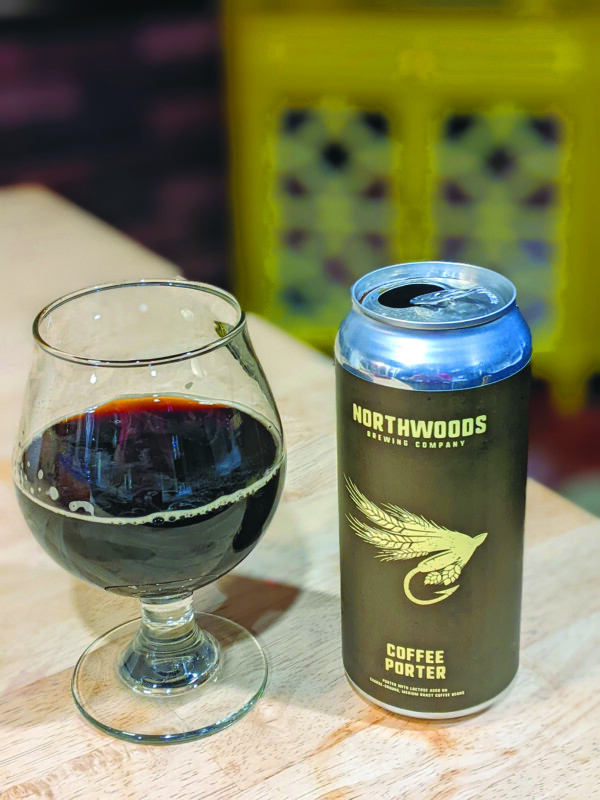Pure Colour, by Sheila Heti (Farrar, Straus and Giroux, 216 pages)
In her new novel Pure Colour, Canadian Sheila Heti imagines a new Genesis, one in which God is not yet finished with the work of creation but is just taking a break, stepping back, critically looking at what he has so far produced. “This is the moment we are living in — the moment of God standing back,” Heti writes on the first page.
And that, my friends, is the last time that this novel makes sense.
From there, Heti hurtles into a book-length word salad that is at times poignant and insightful; other times, a baffling stream of consciousness. At its best, it’s an imaginative fable about love and loss, wrapped in a blistering social critique. At its worst, which happens too often, you wonder what (and how much) Heti was drinking when she wrote it. Such is speculative fiction.
We begin in a world that is “heating up in advance of its destruction” since God has decided the first draft wasn’t good enough and a new one is needed. Like any good manager, God needs feedback, so “God appears, splits, and manifests as three critics in the sky: a large bird who critiques from above, a large fish who critiques from the middle, and a large bear who critiques while cradling creation in its arms.”
People are born from the eggs of these creatures (yes, even the bear produces eggs in this world), and take on the characteristics of their breeders. People born from fish eggs care most about the collective; people born of bird eggs care about things like beauty, meaning and order; people born from bear eggs care about a few other people: “They are deeply consumed with their own.”
Our protagonist, Mira, wished she was of bear lineage, but she, born of a bird, had the hollow bones and heart of an artist. We follow Mira around in her strange world, where she works at a store that sells expensive lamps. (This all occurs during an unspecified age before the internet, when people found jobs and housing from “little paper signs.” Mira goes to school at the prestigious American Academy of American Critics (which, in a wry twist, has international branches) where self-important students learn to “hone their insights” and to “develop a style of writing and thinking that could survive down through the ages, and at the same time penetrate their own generation so incisively.”
The school, it seems, could have been worth an entire cynical book, or at least a couple of chapters, but it is quickly dropped to explore a brief love relationship Mira has with an American orphan named — wait for it — Annie. Coincidence or something more? Hard to say. Then her father dies, and this strange little novel gets even stranger.
When Mira’s father dies, his essence seems to take over her body. For a while, the book turns into a meditation on grief, as Mira processes her loss. “She had thought that when someone died, it would be like they went into a different room. She had not known that life itself transformed into a different room, and trapped you in it without them.” She stopped caring about the business of living (though, frankly, it wasn’t like she was doing that much living before her father’s death). “It was the dead who needed our love, the dead who she wanted to be loyal to, the dead who needed us most. The living could take care of themselves, going to the grocery store in all that sunshine. It was the dead who need to be held on to, so they would not slip away. Who would save the dead from oblivion, if not the living?”
Then, Mira has an experience in which she takes the form of a leaf — a leaf in which her father’s spirit also dwelled — and they have the sort of beautiful and cleansing Kafkaesque conversations you might have if you suddenly found yourself inside a leaf. Was she dead? It seems so for a while, then she comes out of the leaf and is back with orphan Annie for a while while musing about gods, plural, specifically gods who tired people out when they wanted to stop them from doing things. “The weariest people are being the most prevented. They are the most dangerous ones, who would change the world if they could.”
Eventually, Mira’s mind-boggling dialogue comes to a close, though we are not sure what, if anything, has been accomplished, either for Mira or for the long-suffering reader.
Still, Heti proves herself a shrewd critic of modern life, as in her observation about social media:
“There were so many ways of being hated, and one could be hated by so many people. … Hate seemed to spring from the deepest core of our beings. Years later, all you had to do was peep through a peephole and there it was for anyone to see — a whole world of vitriol, entirely without end. It seemed that rage was what we were made of.”
That said, it seems that the world would be better served if she just wrote columns of cultural criticism. Maybe we are bears, and she’s a bird, building thought nests that others can’t fully see. In Mira’s world, artists who created stories, books and movies were producing their own second drafts, better versions of God’s world, as if hoping to get his (or her) attention. For the sake of the next world, let’s hope God doesn’t option this book. C
Book Notes
One of the silver linings of the pandemic was the virtual author event.
When physical bookstores were shuttered, many took to having author readings and Q&As online, which enabled people in remote locations to participate. You couldn’t get a book signed this way or shake the author’s hand, but it was still a better way to “connect” with an author than reading an interview.
Author events have now returned live in many places, but there are some bookstores that are still enabling people to watch online. Others have posted past events on YouTube, such as Washington, D.C.,’s famous bookstore, Politics and Prose. A quick Google search may find a few videos of your favorite author that will make for a more enjoyable evening than watching NFL reruns.
Here are a couple coming up of note:
Porter Square Books in Cambridge, Mass., will have a virtual event March 14 for How She Did It(Rodale, 336 pages), by Molly Huddle and Sara Slattery, who offer “stories, advice and secrets to success from 50 legendary distance runners.”
Mystery writer Simone St. James has a new novel, The Book of Cold Cases (Berkley, 352 pages), for which she’s doing a virtual event March 17 through the Poisoned Pen Bookstore in Phoenix, Arizona.
Novelist Lisa Scottoline doesn’t release What Happened to the Bennetts (G.P. Putnam’s Sons, 400 pages) until March 29 but is already doing events. One virtual one will be through Friend and Fiction on Facebook Live on March 23.
Breaking Bad and Better Call Saul star Bob Odenkirk has a new book, Comedy Comedy Comedy Drama (Random House, 304 pages), for which he’s doing both live and virtual events. He’s got a virtual event March 13 through Live Talks Los Angeles. It’ll cost you $40 to get admitted, but you also get actor Jack Black, for what that’s worth.
Book Events
Author events
• AZAR NAFISI Author presents Read Dangerously: The Subversive Power of Literature in Troubled Times, in conversation with Jacki Lyden. Ticketed virtual event hosted by Gibson’s Bookstore in Concord. Sat., March 19, 7 p.m. Tickets cost $27 to $31 and include a copy of the book. Held via Zoom. Visit gibsonsbookstore.com or call 224-0562.
• HOWARD MANSFIELD Author presents Chasing Eden. Sat., March 19, 9:45 to 11:45 a.m. Peterborough Town Library, 2 Concord St., Peterborough. Visit monadnockwriters.org.
• EMMA LOEWE Author presents Return to Nature: The New Science of How Natural Landscapes Restore Us, in conversation with author Hannah Fries. Virtual event hosted by Gibson’s Bookstore in Concord. Wed., April 13, 7 p.m. Registration is required. Held via Zoom. Visit gibsonsbookstore.com or call 224-0562.
• BECKY SAKELLERIOU AND HENRY WALTERS Becky Sakelleriou presents The Possibility of Red. Henry Walters presents Field Guide A Tempo. Sat., April 16, 9:45 to 11:45 a.m. Peterborough Town Library, 2 Concord St., Peterborough. Visit monadnockwriters.org.
• ANNE HILLERMAN Author presents The Sacred Bridge. Virtual event hosted by Gibson’s Bookstore in Concord. Tues., April 19, 7 p.m. Held via Zoom. Registration is required. Visit gibsonsbookstore.com or call 224-0562.
Poetry
• REBECCA KAISER Poet presents Girl as Birch. Virtual event hosted by Gibson’s Bookstore in Concord. Mon., April 11, 7 p.m. Held via Zoom. Registration is required. Visit gibsonsbookstore.com or call 224-0562.
• DOWN CELLAR POETRY SALON Poetry event series presented by the Poetry Society of New Hampshire. Monthly. First Sunday. Visit poetrysocietynh.wordpress.com.
Book Clubs
• BOOKERY Online. Monthly. Third Thursday, 6 p.m. Bookstore based in Manchester. Visit bookerymht.com/online-book-club or call 836-6600.
• GIBSON’S BOOKSTORE Online, via Zoom. Monthly. First Monday, 5:30 p.m. Bookstore based in Concord. Visit gibsonsbookstore.com/gibsons-book-club-2020-2021 or call 224-0562.
• TO SHARE BREWING CO. 720 Union St., Manchester. Monthly. Second Thursday, 6 p.m. RSVP required. Visit tosharebrewing.com or call 836-6947.
• GOFFSTOWN PUBLIC LIBRARY 2 High St., Goffstown. Monthly. Third Wednesday, 1:30 p.m. Call 497-2102, email elizabethw@goffstownlibrary.com or visit goffstownlibrary.com
• BELKNAP MILL Online. Monthly. Last Wednesday, 6 p.m. Based in Laconia. Email bookclub@belknapmill.org.
• NASHUA PUBLIC LIBRARY Online. Monthly. Second Friday, 3 p.m. Call 589-4611, email information@nashualibrary.org or visit nashualibrary.org.






